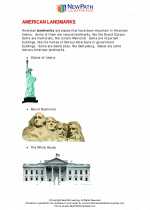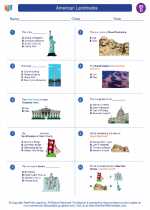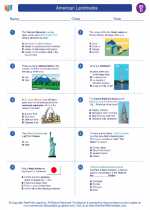What is Popular Sovereignty?
Popular sovereignty is the principle that the authority of the government is created and sustained by the consent of its people, through their elected representatives.
Origins of Popular Sovereignty
This concept has its roots in the Enlightenment era and was popularized by political philosophers such as John Locke and Jean-Jacques Rousseau. It gained prominence during the American Revolution and was a central idea in the founding of the United States.
Application of Popular Sovereignty
Popular sovereignty is a foundational principle in democratic governments, where the people have the right to participate in decision-making through voting and other forms of civic engagement.
Impact on Government
Popular sovereignty influences the structure and functioning of governments, as it emphasizes the importance of elected officials being accountable to the people and making decisions that reflect the will of the majority.
Study Tips
- Review the historical context in which the concept of popular sovereignty emerged, including key events and individuals who promoted its importance.
- Understand how popular sovereignty is reflected in the structure of democratic governments and the rights and responsibilities of citizens.
- Explore case studies of countries or historical periods where popular sovereignty was either upheld or challenged.
- Consider the role of popular sovereignty in shaping modern political movements and debates.
[Popular Sovereignty] Related Worksheets and Study Guides:
.◂Social Studies Worksheets and Study Guides Fourth Grade. American Landmarks

 Worksheet/Answer key
Worksheet/Answer key
 Worksheet/Answer key
Worksheet/Answer key
 Worksheet/Answer key
Worksheet/Answer key
